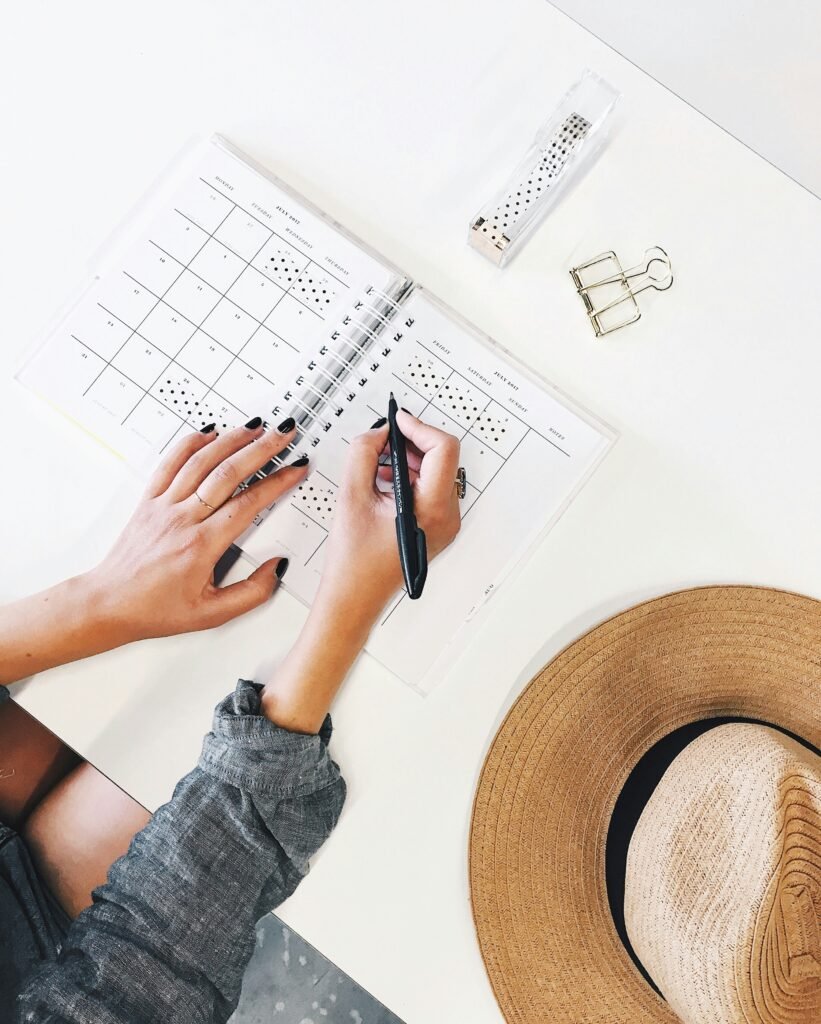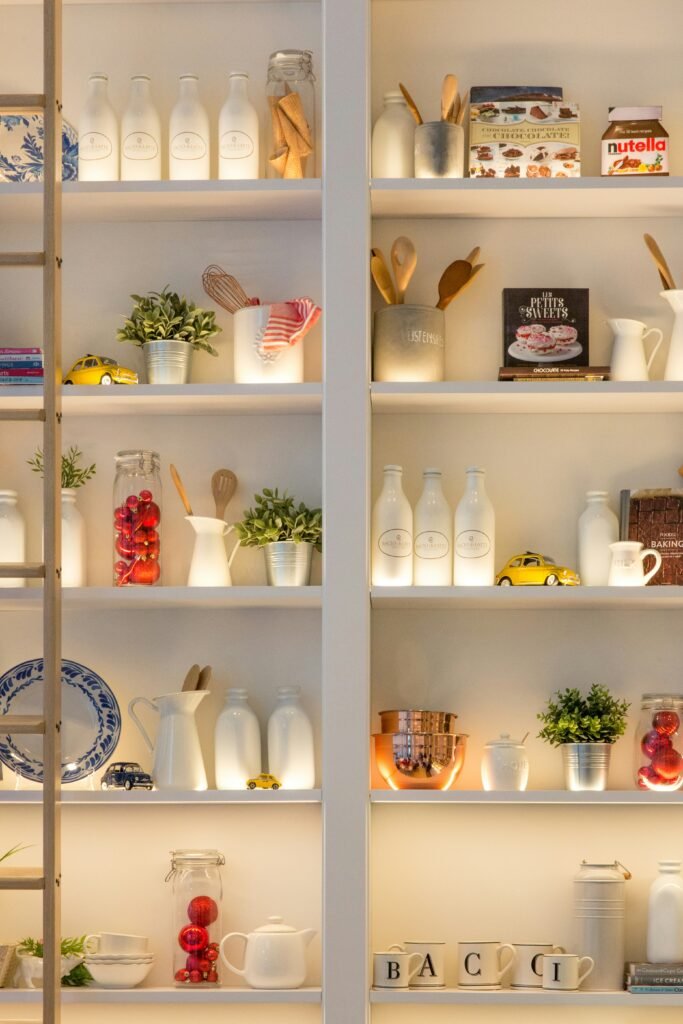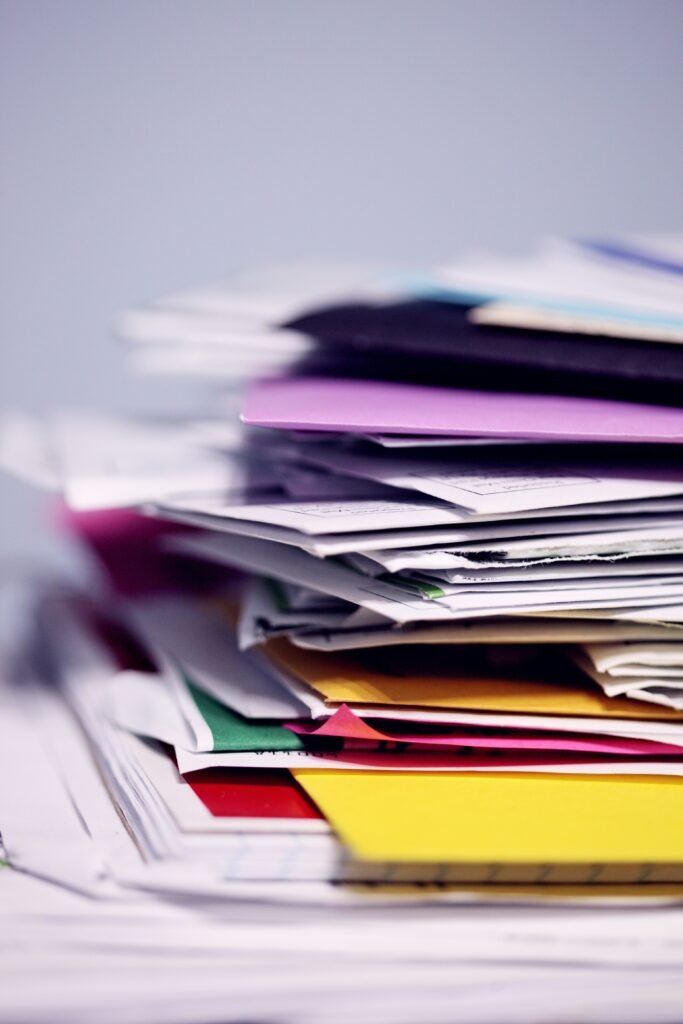Welcome to an article that will revolutionize the way you store and organize your plastic containers! By mastering the art of storing these versatile kitchen essentials, you can say goodbye to cluttered cupboards and wasted space. With the best practices shared in this guide, you’ll learn how to keep your plastic containers neat, accessible, and ready for use whenever you need them. Say hello to a more organized and efficient kitchen with these simple yet effective tips for storing and organizing your plastic containers.
Mastering the Art of Storing Plastic Containers with These Best Practices
Have you ever opened your kitchen cabinet only to be greeted by a jumbled mess of plastic containers tumbling out at you? It’s a common struggle for many households, but fear not! With the right strategies and best practices, you can master the art of storing plastic containers and keep your kitchen organized and efficient.

This image is property of images.unsplash.com.
Essential Tips for Storing Plastic Containers
Let’s start with some essential tips to keep in mind when storing plastic containers:
-
Match Lids with Containers: Before storing your plastic containers, make sure to match each container with its corresponding lid to avoid any mismatched pairs.
-
Stacking Strategy: Stack containers of the same shape and size together to maximize space and prevent toppling over.
-
Invest in Quality Containers: Quality plastic containers are durable and stackable, making them easier to store.
Organizing Your Plastic Container Collection
Organizing your plastic containers can save you time and frustration when you need to find the right container for leftovers or meal prep. Here are some strategies to consider:
Sort by Size and Shape
Sorting your plastic containers by size and shape makes it easier to find the right lid and container combination. You can use baskets or dividers in your cabinet to keep like-sized containers together.
Use Storage Bins or Drawer Organizers
Storage bins or drawer organizers can help keep your plastic containers in order and prevent them from sliding around in your cabinets. You can label each bin with the container sizes it holds for easy identification.

This image is property of images.unsplash.com.
Best Practices for Storing Plastic Containers in Cabinets
Now that you have your plastic containers sorted and organized, let’s look at some best practices for storing them in your cabinets:
Utilize Vertical Space
Make use of vertical space in your cabinets by adding shelf risers or stackable shelves. This can help you maximize storage space and keep your plastic containers easily accessible.
Label Containers
Labeling your plastic containers with the date and contents can help you keep track of leftovers and prevent food waste. Use a label maker or write directly on the container with a dry erase marker for easy removal.
Keep Lids Together
Store plastic container lids in a separate container or bin to keep them organized and prevent them from getting lost. You can use a small storage basket or a drawer organizer for this purpose.
Store Containers Near the Fridge
Keep your plastic containers near the fridge or food prep area for easy access when storing leftovers or meal prepping. This can save you time and make the process more efficient.
Tips for Maintaining Plastic Container Organization
Maintaining your plastic container organization is key to preventing clutter and chaos in your kitchen. Here are some tips to help you keep your plastic containers in order:
Regularly Purge Unused Containers
Periodically go through your plastic container collection and purge any containers or lids that are cracked, stained, or missing pieces. This will help you declutter and free up space in your cabinets.
Clean Containers and Lids Regularly
Clean your plastic containers and lids regularly to prevent stains, odors, and bacteria buildup. You can hand wash them with warm, soapy water or run them through the dishwasher for a thorough clean.
Use Containers for Multiple Purposes
Get creative with your plastic containers and use them for multiple purposes, such as organizing office supplies, storing craft supplies, or holding small kitchen gadgets. This can help you maximize their usefulness and reduce clutter in your home.

This image is property of images.unsplash.com.
Eco-Friendly Options for Storing Food
If you’re looking to reduce your environmental impact while storing food, consider switching to eco-friendly storage options. Here are some eco-friendly alternatives to plastic containers:
-
Glass Containers: Glass containers are a durable and reusable alternative to plastic containers. They are microwave-safe, dishwasher-safe, and can be used for both storing and serving food.
-
Stainless Steel Containers: Stainless steel containers are lightweight, durable, and non-toxic. They are perfect for storing food on the go and are free from harmful chemicals found in some plastics.
-
Silicone Bags: Silicone bags are a sustainable alternative to plastic bags for storing snacks, sandwiches, and other foods. They are reusable, dishwasher-safe, and come in a variety of sizes.
Conclusion
Mastering the art of storing plastic containers is all about implementing the right strategies and best practices to keep your kitchen organized and efficient. By following these tips and utilizing organization tools, you can create a system that works for you and your household. So, take the time to sort, label, and organize your plastic containers for a clutter-free and stress-free kitchen experience. Happy organizing!
